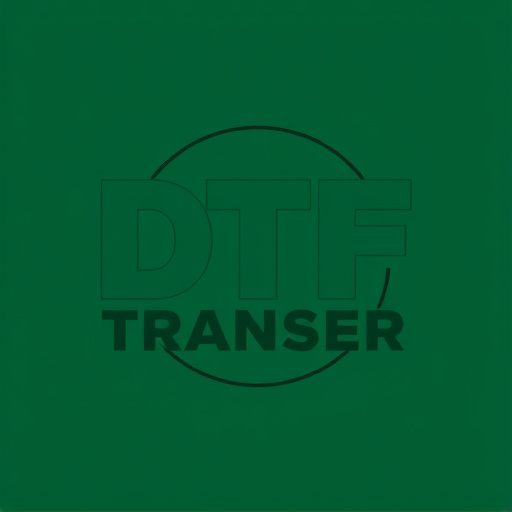Smart financial choices, like investing in reusable air filter intakes (washable filters), offer significant long-term savings. These alternatives to disposable filters minimize waste, improve HVAC efficiency, reduce energy bills, and extend equipment lifespan, making them both an environmentally friendly and cost-effective solution for homeowners and businesses alike.
In today’s world, understanding long-term cost savings is crucial for making informed decisions. When it comes to improving indoor air quality, traditional air filters can be costly over time. This article explores two innovative solutions that offer significant economic benefits: reusable air filter intakes and washable filters. By adopting these sustainable choices, you can reduce expenses while enhancing efficiency. Discover how these options provide a long-lasting, cost-effective approach to maintaining clean and healthy living spaces.
- Understanding Long-Term Cost Savings: The Basics
- Reusable Air Filter Intakes: A Sustainable and Economic Choice
- Washable Filters: Enhancing Efficiency and Reducing Expenses Over Time
Understanding Long-Term Cost Savings: The Basics

Long-term cost savings refer to the benefits accrued over time from making smart financial choices or investments that reduce expenses in the future. In the context of home improvement and comfort, understanding these savings can empower individuals to make informed decisions about their living spaces. One such area is HVAC (Heating, Ventilation, and Air Conditioning) systems.
For instance, a reusable air filter intake and washable filters offer significant advantages over disposable ones. While the upfront cost might be slightly higher, these reusable options reduce long-term expenses. They require less frequent replacement, minimizing waste and saving money over time. Additionally, maintaining clean air filters improves HVAC efficiency, leading to lower energy bills and extended equipment lifespan. This simple yet effective strategy is a prime example of how small changes can contribute to substantial long-term cost savings.
Reusable Air Filter Intakes: A Sustainable and Economic Choice

Reusable air filter intakes offer a sustainable and economic choice for those looking to reduce their environmental impact while saving money in the long term. These washable filters can be used again and again, significantly cutting down on the frequent replacement costs associated with traditional disposable filters. By eliminating the need for regular filter replacements, homeowners can achieve substantial cost savings over time.
Furthermore, reusable air filter intakes contribute to a reduced carbon footprint. Disposable filters, often made from non-biodegradable materials, end up in landfills, adding to environmental pollution. In contrast, washable filters can be easily cleaned and reused, promoting a circular economy and minimizing waste generation. This eco-friendly approach not only benefits personal finances but also supports global sustainability efforts.
Washable Filters: Enhancing Efficiency and Reducing Expenses Over Time

In today’s world, where environmental consciousness is on the rise, many individuals and businesses are seeking sustainable solutions that extend beyond short-term gains. One such innovation gaining traction is the adoption of reusable air filter intakes in various systems. These washable filters offer a compelling alternative to disposable options, significantly enhancing efficiency while curtailing expenses over time.
By eliminating the need for frequent replacement, reusable air filters not only reduce waste but also minimize operational costs. This cost-saving measure translates into long-term financial benefits, making it an attractive option for both residential and commercial applications. Moreover, the environmental impact is diminished as resources are conserved, contributing to a greener future.
By adopting reusable air filter intakes and washable filters, you can significantly reduce long-term costs while promoting sustainability. These eco-friendly alternatives not only lower initial expenses but also enhance efficiency, ensuring your system runs optimally over time. Invest in these options to cut down on frequent replacements, save money, and contribute to a greener environment.














